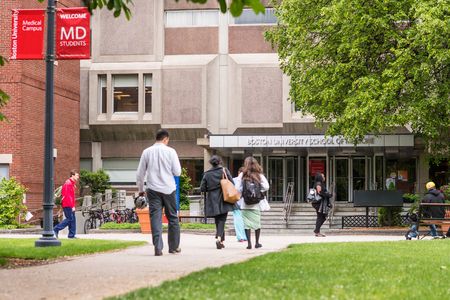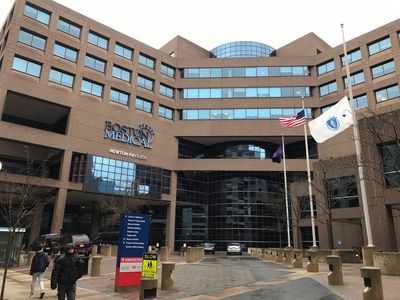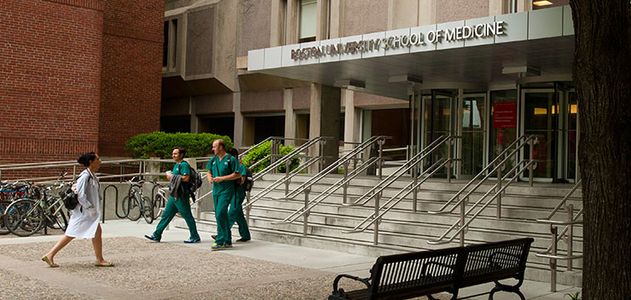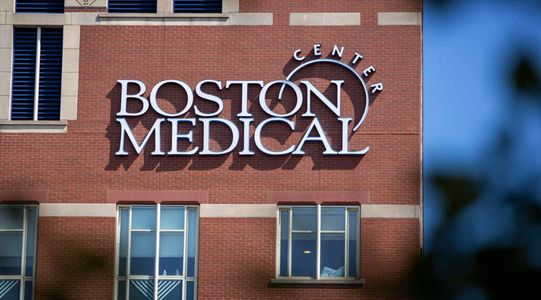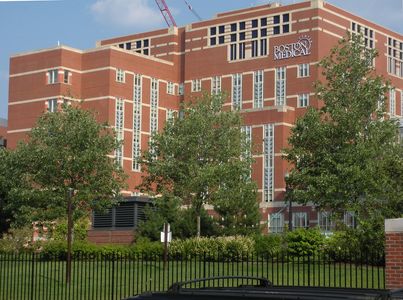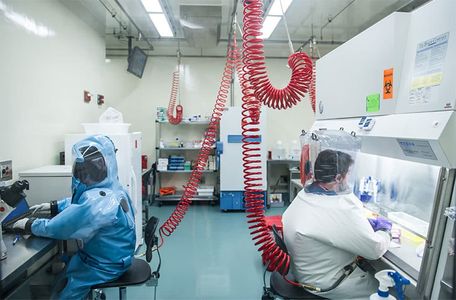Our Mission
We recruit fellows from programs across the U.S., and accept graduates from both U.S. and international medical schools. All of our trainees have completed ACGME-accredited internal medicine residencies. Our fellows come from diverse backgrounds and share a commitment to our program’s strengths and mission to serve underserved, diverse populations.
BMC offers unique opportunities such as training in infection control and antibiotic stewardship, a combined ID/addiction medicine track, and a clinician education pathway. Through the BU-CHART training grant, fellows can pursue an MSc in Epidemiology, clinical research training, and conduct an HIV-related project. Research mentoring is offered in five core areas:
- HIV and Hepatitis C
- Global Health and Tuberculosis
- Hospital Epidemiology and Antimicrobial Stewardship
- Immunology and Bacterial Pathogenesis
- ID and Addiction
Our program stands out for its breadth of clinical pathology—including advanced disease in underserved patients, tropical infections among immigrants, and national leadership in ID-addiction. Graduates pursue academic and community-based careers, with many continuing in ID or HIV/hepatitis C care. Fellows have also pursued clinical and epidemiologic research, and even training in transplant ID.
We serve the ever-changing needs of our urban and suburban populations, while honoring their ethnic, religious and cultural differences. We are proud to be voted as one of the most racially diverse hospitals in the world, but also recognize that diversity is a multi-faceted issue, encompassing race, ethnicity, sexual orientation, gender and disability. At BMC, we believe it is critical our trainees reflect the diversity of the patients we serve.
Training Expectations of Our Program:
- Aid expert ID practitioners in their fulfilment of the BMC mission: exceptional care without exception
- Guide fellows as they learn how to manage patients with both complex medical and social needs, from comorbid substance use to migrant concerns
- Provide opportunities in epidemiologic, clinical or laboratory research, with the goal of trainees remaining in academic settings
- Offer outstanding educational experience for fellows in our core areas of excellence, while simultaneously developing novel programs to enhance learning
- Fellows to complete a scholarly project and demonstrate an ability to acquire, analyze, and present their findings in a comprehensive and professional manner
Upon program completion, trainees will be equipped with…
- Essential Infectious Diseases knowledge and cognitive skills to provide reasoned, evidence-based, patient-focused care in a broad range of clinical settings
- Understanding of the broader economic, social, and political systems influencing healthcare delivery, and the ability to interact effectively with these systems in support of patients’ needs
- Strategies to communicate effectively with—and provide appropriate education to—patients, patient families, and colleagues
- A strong commitment to providing high-quality patient care in a compassionate, ethical, and socially appropriate manner
- Basic skills necessary to perform epidemiological investigations and hospital infection control
- Tactics to perform antimicrobial stewardship for hospitalized and ambulatory care patients

